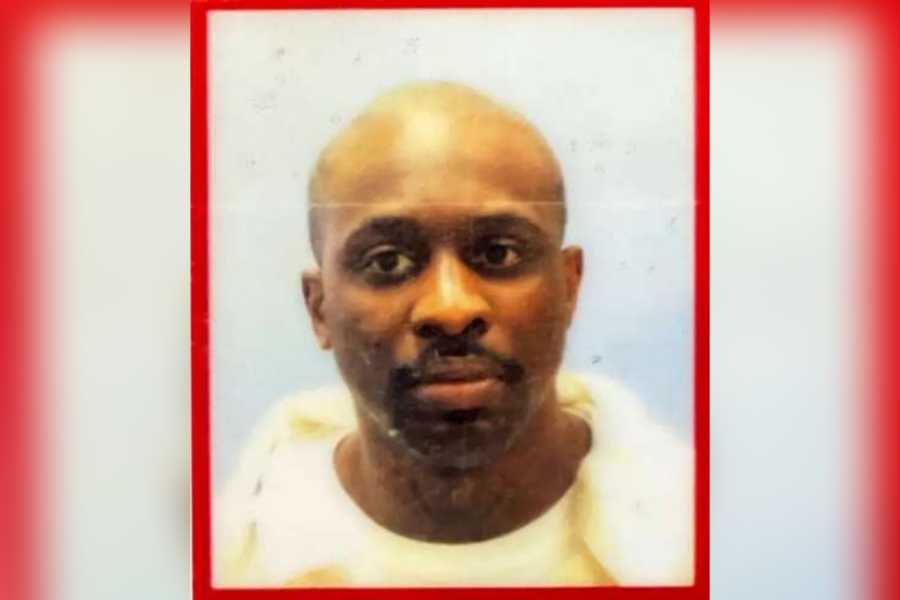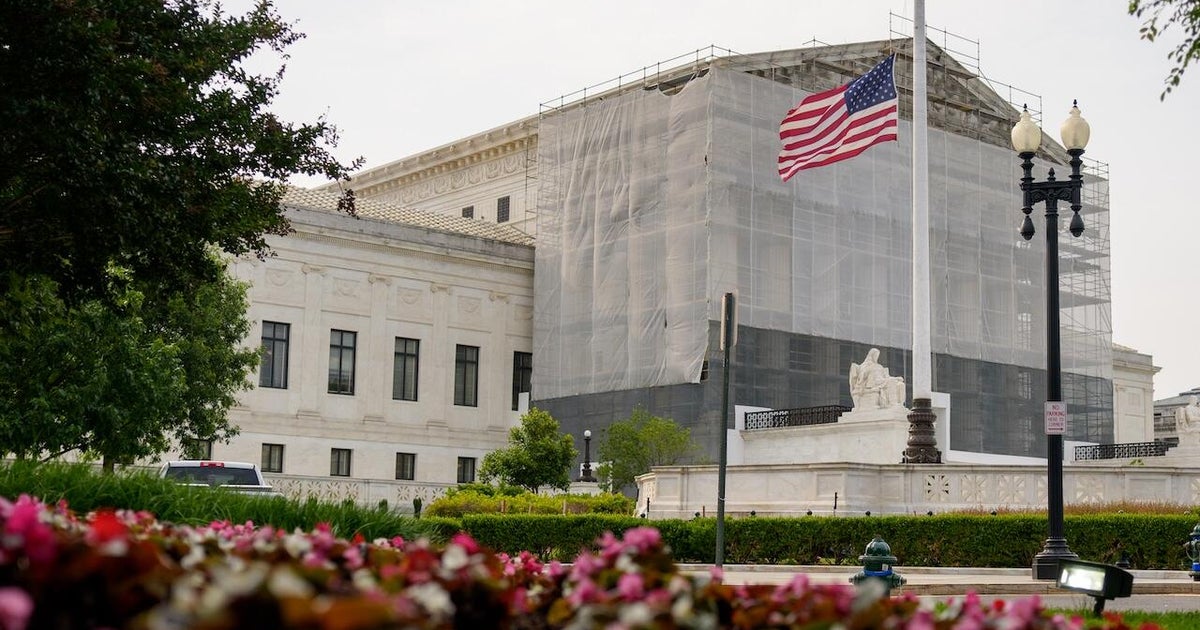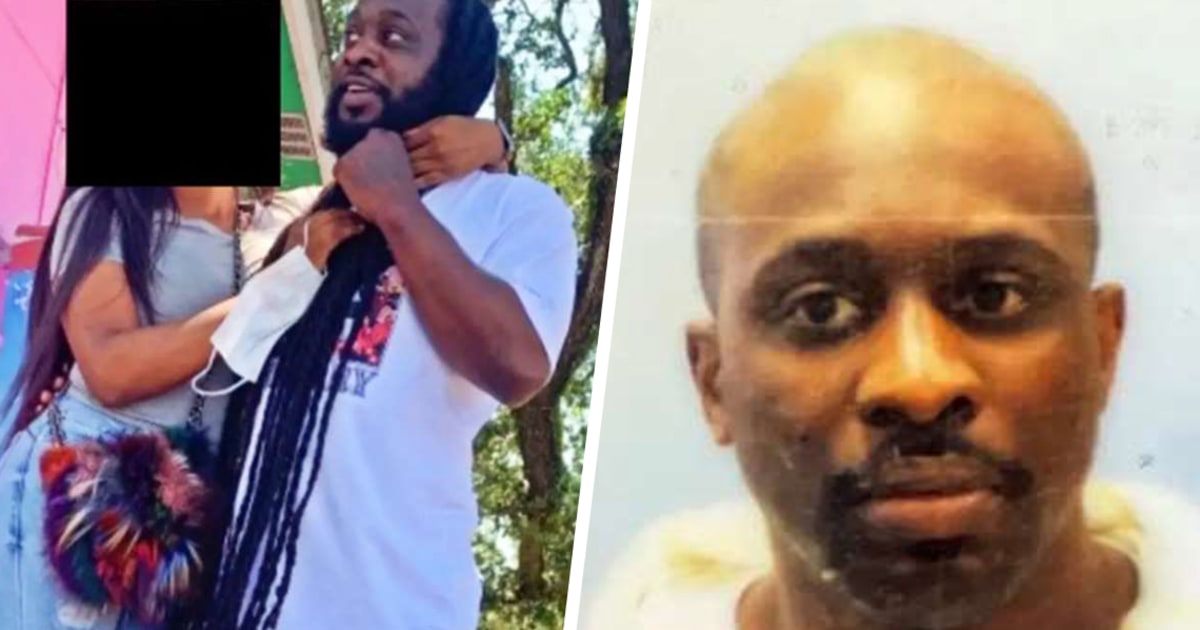Supreme Court to Hear Case of Rastafarian Inmate's Forcibly Shaved Dreadlocks
The Supreme Court will review a case involving a Rastafarian inmate whose dreadlocks were forcibly shaved by Louisiana prison guards, raising issues of religious rights.
Overview
- Rastafarian inmate Landor had his dreadlocks forcibly shaved by Louisiana prison guards during a five-month sentence starting in 2020.
- The Supreme Court will hear arguments in the fall regarding Landor's case, which addresses violations of religious rights in prison.
- Lower courts dismissed Landor's case, citing legal precedents, but the Supreme Court has agreed to hear the appeal.
- Louisiana has amended its grooming policies in response to the incident to prevent similar violations against Rastafarian prisoners.
- Landor's case is supported by over 30 religious groups advocating for the protection of inmates' religious rights.
Report issue

Read both sides in 5 minutes each day
Analysis
Center-leaning sources frame the case as a significant legal battle over religious rights, emphasizing the mistreatment of the inmate. They highlight the conflict between institutional authority and individual beliefs, suggesting a bias towards advocating for the protection of religious freedoms while critiquing the prison system's actions.
Articles (8)
Center (5)
FAQ
Landor cites the Religious Land Use and Institutionalized Persons Act (RLUIPA), which forbids regulations imposing a substantial burden on the religious exercise of incarcerated individuals, as the legal basis for his claim against the forced shaving of his dreadlocks.
Lower courts dismissed Landor's claims for monetary damages, with the Fifth Circuit affirming the dismissal and denying rehearing en banc, though there was a dissent arguing that RLUIPA does provide a cause of action for monetary damages.
In response to the incident, Louisiana amended its grooming policies to prevent similar violations against Rastafarian prisoners in the future.
Landor's case is supported by over 30 religious groups advocating for the protection of inmates' religious rights, emphasizing the importance of safeguarding religious expression within prisons.
The Supreme Court will review whether forcing Landor, a Rastafarian inmate, to shave his dreadlocks violated his religious rights under RLUIPA and whether monetary relief can be granted for such violations.
History
- This story does not have any previous versions.






